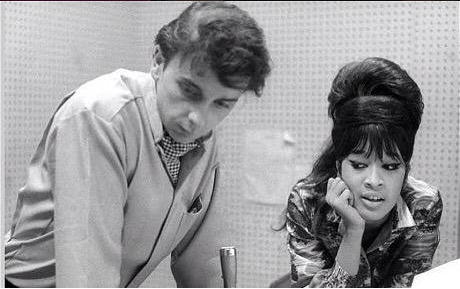Stars Are Coming out in Support of Kesha

By:
In a Friday morning hearing, a New York city judge ruled that Kesha would have to remain in a recording contract with Sony producer Dr. Luke, who she alleged sexually, physically, and emotionally abused her. After the injunction was denied, many high-profile stars voiced their support of the pop star on social media by tweeting the hashtag #FreeKesha.
Fellow singers Lady Gaga and Sarah Bareilles shared their love and commended Kesha's bravery in face of the news.
Some of Kesha's peers in the music industry made strong statements condemning Dr. Luke's alleged abuse of power, and pointed out how economics and authority systems shaped the decision, which the judge said was due to the fact that Dr. Luke invested $60 million in his client.
MTV retweeted Ariana Grande's statement of support.
The network and media company also shared Kesha's statement to fellow victims of abuse the evening before the hearing, while MTV News reporter Sasha Geffen penned a tribute to the pop star's bravery. Geffen powerfully described the case as symptomatic of a disturbing, larger pattern of male industry giants preying on young female artists:
"Kesha is not a pop star who just happened to suffer abuse. Like many young women in the music industry, she found her way to fame by way of a man whom she now alleges drugged, raped, and emotionally tortured her. The career she now fights to continue originated in a nightmare. She is not the first."
Does The Music Industry Have A Sexual Abuse Epidemic?
Kesha's predicament is horrific, but it is not unique. Ronnie Spector, of the iconic sixties girl group the Ronettes, famously spoke out about how her former producer and husband Phil Spector allegedly used his power over her career and livelihood to control and abuse her, culminating in a decade and a half legal battle over album royalties that was ultimately resolved in her favor.
 Twitter/TrueGrit_nl
Twitter/TrueGrit_nl
In 2015, bassist Jackie Fuchs of The Runaways went public with her 1975 alleged rape in Highline, the Huffington Posts' longform digital magazine. In the article, she recounted that her band's manager, Kim Fowley, assaulted her in a packed room while others watched.
The music industry's sexual abuse problem is not limited to pop stars, producers, or those in the limelight. In January, Dirty Projectors singer Amber Coffman came forward to share her experience of being sexually harassed by a powerful publicist. Following Coffman's confession, Thump, Vice's electronic music publication, published an extensive round up of cases of alleged sexual misconduct in electronic music.
